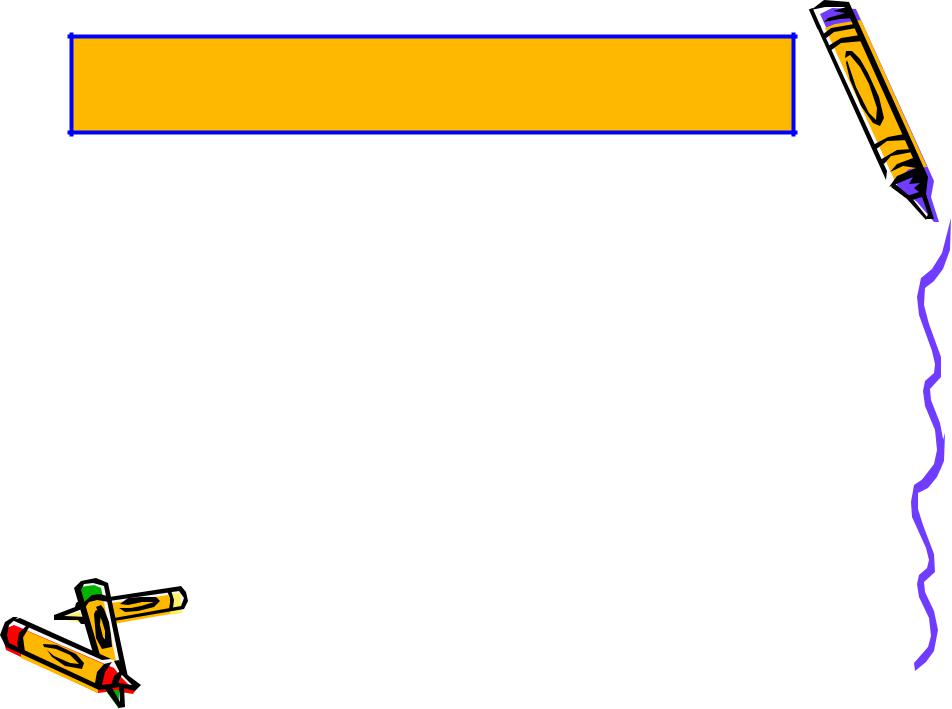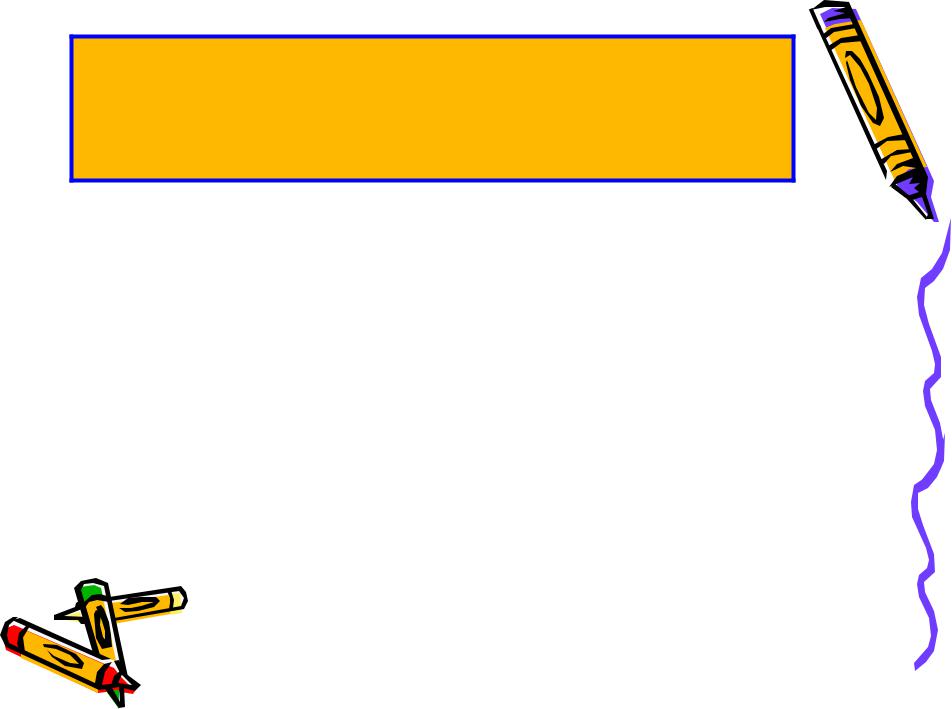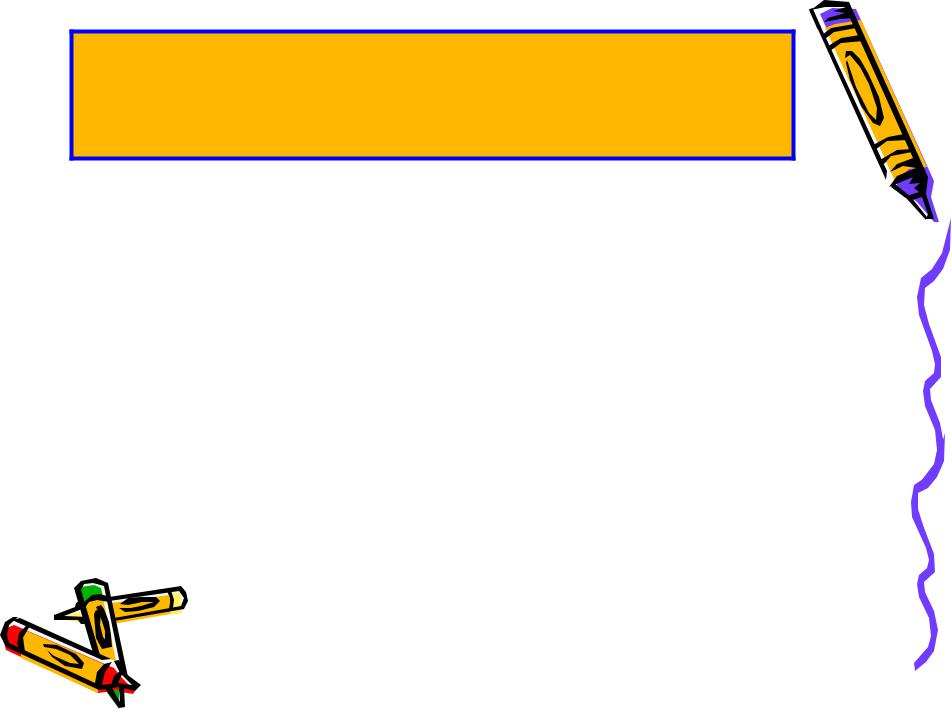
- •The Grammatical Lawyer
- •Intro – Why Grammar
- •GRAMMAR MATTERS!
- •Entering a legal dispute with poor grammar and expression can be, in Sean
- ••Using good grammar is part of Plain English. Plain English is clear English.
- •Building blocks: noun, verb, sentence
- •These items are called “parts of speech”
- ••So, let’s look at some of the main rules and frequent errors in
- •The 15 Fundamentals
- •1. Apostrophes
- •1. Apostrophes (cont’d)
- •1. Apostrophes (cont’d)
- •Real Examples (from
- •Real Examples
- •Real Examples
- •Real Examples
- •2. It’s vs Its (cont’d)
- •3. Your vs You’re
- •3. Your vs You’re (cont’d)
- •4. They’re/Their/There
- •Clanger!
- •5.Subject/Verb Agreement
- •5.Subject/Verb Agreement (cont’d)
- •5.Subject/Verb Agreement
- •5.Subject/Verb Agreement (cont’d)
- •6.Noun and pronoun must agree
- •(cont’d)
- •6.Noun/Pronoun Agreement
- •6.Noun/Pronoun Agreement (cont’d)
- •6.Noun/Pronoun Agreement (cont’d)
- •7. Consistency of
- •7. Consistency of Tense
- •8. Run-on Sentences
- •8. Run-on Sentences
- •8. Run-on Sentences
- •8. Run-on Sentences
- •(cont’d)
- •8. Run-on Sentences
- •8. Run-on Sentences
- •8. Run-on Sentences
- •8. Run-on Sentences
- •9. Semicolons and
- •9. Semicolons and Colons
- •9. Semicolons and Colons
- •9. Semicolons and Colons
- •10. Commas
- •10. Commas (cont’d)
- •10. Commas (cont’d)
- •10. Commas (cont’d)
- •10. Commas (cont’d)
- •10. Commas (cont’d)
- •Participles
- •11. Dangling Participles
- •12.Random Capitalization
- •12. Random Capitalization
- •12. Random Capitalization
- •(cont’d)
- •13. Missing Punctuation
- •(cont’d)
- •14. Missing spaces
- •14. Missing Spaces
- •14. Missing Spaces
- •15. Write Complete
- •15. Complete Sentences
- •If you study and use these 15 Fundamentals, you will be well armed
- •This concludes the grammar portion of our seminar.
- •Five Rules Plus Some
- •The First Five Rules
- •1. Write As Plainly As Possible
- •2. Avoid Long Sentences
- •3. Use the Active Voice
- •3. Use the Active Voice
- •3. Use the Active Voice
- •4. Avoid Archaic Words
- •4. Avoid Archaic Words
- •4. Avoid Archaic Words
- •phrasing of Strunk and White’s Most Famous Rule: “Omit Needless Words”
- •5. “Omit Needless Words”
- •5. “Omit Needless Words”
- •5. “Omit Needless Words”
- •5. “Omit Needless Words”
- •5. “Omit Needless Words”
- •5. “Omit Needless Words”
- •6. Proper
- •6. Proper Paragraphing
- •6. Proper Paragraphing
- •6. Proper Paragraphing
- •7. Get Names Right
- •7. Get Names Right
- •8. Avoid First Names
- •8. Avoid First Names (cont’d)
- •Beware Sexist
- •9. Beware Sexist Traps
- •Mean
- •11. Proofread, Proofread,
- •(cont’d)
- •(cont’d)
- •(cont’d)
- •Words
- •13. Beware of “It” and
- •So, grammarian, pick the errors:
- •QUIZ TIME
- •Bibliography/
- •Bibliography/

The Grammatical Lawyer
Bond Law School
March 18, 2009
Presented by: |
|
Victoria Baumfield |
|
Mariette Brennan |
|
Jim Corkery |
|
Kylie Fletcher |
|
Ian Stevens |
1 |

Intro – Why Grammar
Matters
2

GRAMMAR MATTERS!
• Grammar matters, period!
•Lynne Truss wrote a book on grammar in 2003. It soon sold 3 million copies. The clever title of the book tells us why grammar matters: Eats, shoots and leaves. If the comma were missing, the meaning would be entirely different.
3

Costly grammatical error – $2 million plus
•A grammatical blunder may force Rogers Communications Inc. to pay an extra $2.13 million to use utility poles in the Maritimes after the placement of a comma in a contract permitted the deal's cancellation.
•Page 7 of the contract states: The agreement "shall continue in force for a period of five years from the date it is made, and thereafter for successive five year terms, unless and until terminated by one year prior notice in writing by either party."
•The validity of the contract and the millions of dollars at stake all came down to one point — the second comma in the sentence.
•The Regulator ruled that "Based on the rules of punctuation," the comma in question "allows for the termination of the [contract] at any time, without cause, upon one-year's written notice“.
•Had it not been there, the right to cancel wouldn't have applied to the first five years of the contract. The company said it never would have signed a contract to use roughly 91,000 utility poles that could be cancelled on such short notice. Its lawyers tried in vain to argue the intent of the deal trumped the significance of a comma. "This is clearly not what the parties intended," Rogers said in a letter to the CRTC. [Grant Robertson, “Comma Quirk Irks Rogers”, Globe and Mail, June 8, 2006]
4

|
|
|
|
|
|
|
|
Grammar Matters – |
|
|
|
|
|
Especially for Lawyers |
|
|
|
|
|
|
|
|
|
• |
Learning the rules of structure of the language |
|
|||
|
|
is important. The structure affects the |
|
||
• |
meaning of your communication. |
|
|||
As we saw, the effect of one comma on the |
|
||||
|
|
meaning of a sentence can be decisive and |
|
||
|
|
disastrous. Precision in word use and language |
|
||
|
|
structure determines the reach of a statute and |
|
||
• |
the duties and rights of the citizens. |
|
|||
Lawyers use language more than any other |
|
||||
|
|
profession. It is at the core of our craft. Just as |
|
||
|
|
a sports person practises her sport – the top |
|
||
|
|
professional practises obsessively – so, too, the |
|
||
|
|
lawyer should practise good grammar. |
|
||
|
|
Ungrammatical usage means vague |
|
||
|
|
meanings, loss of persuasive power, |
|
||
|
|
perhaps great financial loss. |
5 |
||

Entering a legal dispute with poor grammar and expression can be, in Sean Connery’s words, like taking a knife to a
gun fight.
6

•Using good grammar is part of Plain English. Plain English is clear English. Clear English means using straightforward expression, using language that is lucid and not obscure, using sentence construction that is not convoluted. Good grammar is part of clarity. The purpose of grammar is to assist clarity of meaning.
•True, some grammatical rules go too far. We do not need to identify that a “distributive pronoun” is the “accusative case”. Some grammar rules are too fussy. We are not interested in these rules that are themselves difficult to comprehend and follow. We are concerned here with those basic grammatical rules that affect meaning and assist clarity.
7

Building blocks: noun, verb, sentence
•A noun is a person, a place, or a thing. Some examples: lawyer, trophy, university, wig, degree, and café.
•A verb shows action or a state of being. Some examples: discuss, run, demonstrate, exist, moot, and be.
•A sentence contains one complete thought or idea - though it can be a complex thought or idea. (Obscure sentences in legal writing are famously long. If your writing lacks clarity, usually long, bad sentences are the main culprits. Go for short, clear ones.)
8

These items are called “parts of speech”
Says Lynch, Guide to Grammar and Style: “Old-fashioned grammars stated quite straightforwardly that there were eight parts of speech, including:
•Verbs, which show action or states of being: go, talk, eradicate, be, exist, and so on.
•Nouns, which can be people, places, or things: Napoleon, Pittsburgh, table, eagerness.
•Pronouns, which "stand in for" a noun: he, she, it, they, that.
•Adjectives, which modify a noun or pronoun: big, sleepy, stupid, dilatory.
•Adverbs, which modify verbs, adjectives, or other adverbs: easily, obviously, very.
•Prepositions, which indicate the relationship between various elements in a sentence: to, with, from.
•Conjunctions, which link (conjoin) parts of a sentence: and, but, or, because, if, although.
<http://andromeda.rutgers.edu/~jlynch/Writing/
index.html>
9

•So, let’s look at some of the main  rules and frequent errors in our grammar. What errors do we see
rules and frequent errors in our grammar. What errors do we see
all the time? Which grammatical errors diminish our reputation as lawyers most if we commit them?
•Don’t embarrass yourself turning up with a butter knife to your gunfight.
10
